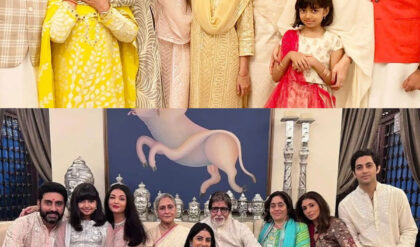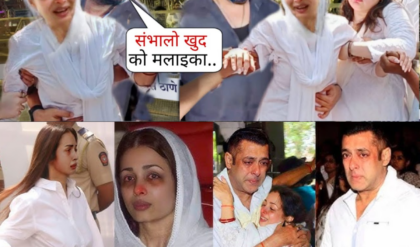Who Is THE GREATEST Indian Cricket Captain Of All Time and Why?🔥🇮🇳
.
.
.
The debate over who is the greatest Indian cricket captain of all time is a subject of fervent discussion among fans, analysts, and cricket enthusiasts. With several remarkable leaders having graced the helm of Indian cricket, each bringing their unique strengths and achievements, the question remains: who stands out as the greatest of them all?
Kapil Dev: The Trailblazer
Kapil Dev, the charismatic all-rounder, led India to its first-ever Cricket World Cup victory in 1983. His leadership was marked by resilience and tactical acumen. Under his captaincy, India achieved a historic triumph at Lord’s, which was a turning point for Indian cricket, instilling confidence and establishing India as a formidable force in the sport.
Kapil’s influence extended beyond just winning the World Cup; his aggressive style and ability to inspire his team set a new standard for Indian cricket. His leadership during a time when Indian cricket was still evolving was pivotal in shaping the team’s future.
Sourav Ganguly: The Renaissance Man
Sourav Ganguly, known as ‘Dada,’ is often credited with revolutionizing Indian cricket in the early 2000s. His tenure as captain from 2000 to 2005 is remembered for its aggressive approach and the instillation of a winning mindset in the team. Ganguly’s leadership was instrumental in nurturing young talent, which included the likes of Yuvraj Singh, Harbhajan Singh, and MS Dhoni.
Ganguly’s captaining style was characterized by his boldness and his readiness to challenge established cricketing norms. His courage to take on teams like Australia and his role in fostering a competitive spirit in the team earned him widespread admiration and respect.
MS Dhoni: The Modern Maestro
MS Dhoni stands out as arguably the most successful and influential captain in the history of Indian cricket. His tenure, which began in 2007 and continued until 2016 in ODIs, was marked by unprecedented achievements. Dhoni led India to victory in the ICC T20 World Cup in 2007, the ICC Cricket World Cup in 2011, and the ICC Champions Trophy in 2013.
Dhoni’s leadership was defined by his calm demeanor, strategic acumen, and exceptional decision-making under pressure. His ability to remain composed in high-stakes situations and his skill in managing a diverse group of players set him apart as a leader. Dhoni’s impact on Indian cricket extends beyond the records; his approach to captaincy and team management has left a lasting legacy.
Virat Kohli: The Aggressive Innovator
Virat Kohli, who took over as captain in 2017, is known for his aggressive and dynamic leadership style. Under his captaincy, India achieved significant milestones, including a historic Test series win in Australia in 2018-19. Kohli’s emphasis on fitness, discipline, and aggressive play has transformed the team’s approach to the game.
Kohli’s leadership is characterized by his passion, work ethic, and focus on building a strong team culture. His tenure has seen Indian cricket achieve new heights in all formats, including a dominant run in Test cricket and significant improvements in overseas performances.
Conclusion
Determining the greatest Indian cricket captain of all time involves weighing various factors, including achievements, leadership qualities, and impact on the team. Kapil Dev’s pioneering spirit, Sourav Ganguly’s transformative approach, MS Dhoni’s strategic brilliance, and Virat Kohli’s dynamic leadership each offer compelling cases.
While opinions may vary, MS Dhoni often emerges as the most celebrated choice due to his extraordinary record, calm leadership, and success in all three major ICC tournaments. His ability to consistently perform under pressure and inspire his team makes him a standout figure in the history of Indian cricket.
Ultimately, the greatest Indian cricket captain is not just defined by statistics and trophies but also by their ability to influence the game, inspire their team, and leave a lasting legacy. Each of these captains has contributed uniquely to Indian cricket, and their collective achievements continue to shape the sport’s history.





